Richard III of England was the last king of the York dynasty. On October 2, 1452, Richard was born at Fotheringhay Castle in central England. He was the fourth son and named after his father Richard Plantagenet, Duke of York.
Shortly after Richard's birth, the York family fought the House of Lancaster for the English crown in what became known as the Wars of the Roses. In 1461, Richard’s brother ascended to the throne as Edward IV. Richard was made Duke of Gloucester and was entrusted with administration of the kingdom's northern regions.
Edward IV died in 1483, leaving behind two sons. The elder and heir to the throne was only 12. Richard was appointed Lord Protector of his young nephew Edward V, in accordance with the former ruler’s will.
Edward V was never crowned. The Bishop of Bath disclosed that the young boy was not eligible for the throne since he was the child of an illegitimate union. Parliament ratified the bishop's declaration. Richard became the next king of England as Richard III.
Edward IV’s two illegitimate sons were locked up in the Tower of London to prevent their mother’s family from restoring them to the throne. They were soon killed. Their murders are still shrouded in mystery. The coronation of Richard III took place on July 6, 1483 in Westminster Abbey. The court was continually plagued by warring dynasties and noble factions. The coronation of the new sovereign served to intensify the claims of groups hostile to the House of York.
In the first few months of his reign, Richard III foiled a plot by a Lancaster who aspired to the throne. His name was Henry Tudor.
Despite the chaos, Richard III made important reforms. He ordered all laws written in modern English so that common people could understand them. He introduced rights for the accused in court cases. He abolished arbitrary taxes and the buying and selling of high-level government positions. He promoted education through laws protecting the free trade of books.
His enemies kept scheming. Henry Tudor gathered an army and attacked the king’s troops at Bosworth.
Richard III was killed in the Battle of Bosworth on August 22, 1485. He was 32. Henry Tudor ascended to the throne as Henry VII.
Richard III was a controversial figure. Tudor propaganda painted him a tyrant, murderer of his nephews and usurper of the throne. Shakespeare followed this angle in the tragedy he wrote about Richard III. The king's reputation was tarnished for centuries. However, academic searches for the historical truth about Richard III show that there is still a great deal to discover about the last Yorkist king.
Shortly after Richard's birth, the York family fought the House of Lancaster for the English crown in what became known as the Wars of the Roses. In 1461, Richard’s brother ascended to the throne as Edward IV. Richard was made Duke of Gloucester and was entrusted with administration of the kingdom's northern regions.
Edward IV died in 1483, leaving behind two sons. The elder and heir to the throne was only 12. Richard was appointed Lord Protector of his young nephew Edward V, in accordance with the former ruler’s will.
Edward V was never crowned. The Bishop of Bath disclosed that the young boy was not eligible for the throne since he was the child of an illegitimate union. Parliament ratified the bishop's declaration. Richard became the next king of England as Richard III.
Edward IV’s two illegitimate sons were locked up in the Tower of London to prevent their mother’s family from restoring them to the throne. They were soon killed. Their murders are still shrouded in mystery. The coronation of Richard III took place on July 6, 1483 in Westminster Abbey. The court was continually plagued by warring dynasties and noble factions. The coronation of the new sovereign served to intensify the claims of groups hostile to the House of York.
In the first few months of his reign, Richard III foiled a plot by a Lancaster who aspired to the throne. His name was Henry Tudor.
Despite the chaos, Richard III made important reforms. He ordered all laws written in modern English so that common people could understand them. He introduced rights for the accused in court cases. He abolished arbitrary taxes and the buying and selling of high-level government positions. He promoted education through laws protecting the free trade of books.
His enemies kept scheming. Henry Tudor gathered an army and attacked the king’s troops at Bosworth.
Richard III was killed in the Battle of Bosworth on August 22, 1485. He was 32. Henry Tudor ascended to the throne as Henry VII.
Richard III was a controversial figure. Tudor propaganda painted him a tyrant, murderer of his nephews and usurper of the throne. Shakespeare followed this angle in the tragedy he wrote about Richard III. The king's reputation was tarnished for centuries. However, academic searches for the historical truth about Richard III show that there is still a great deal to discover about the last Yorkist king.
RELATED
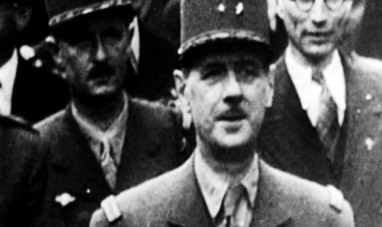

CHARLES DE GAULLE
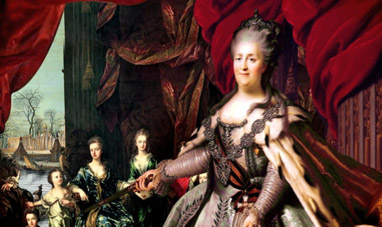

CATHERINE THE GREAT
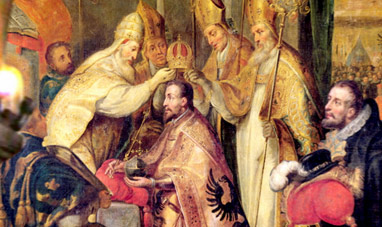

FREDERICK II, HOLY ROMAN EMPEROR


JOHN CABOT


JULIUS CAESAR
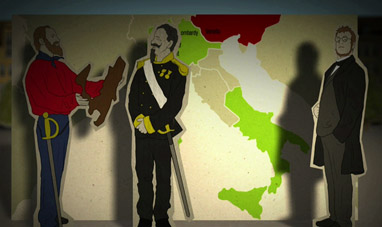

CAMILLO BENSO, COUNT OF CAVOUR


VIKTOR ADLER
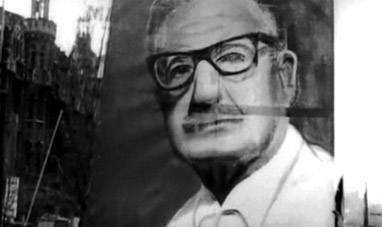

SALVADOR ALLENDE
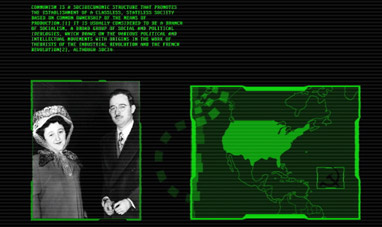

ROSENBERGS, THE
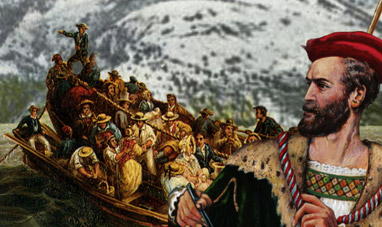

JACQUES CARTIER
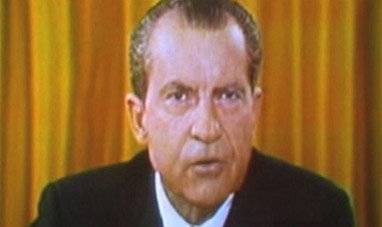

RICHARD NIXON
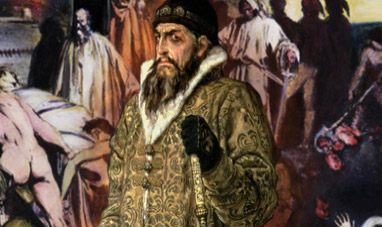

IVAN THE TERRIBLE
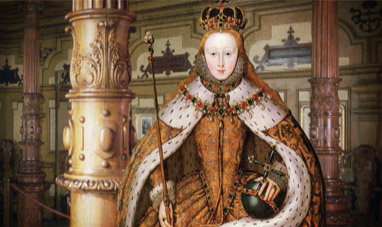

ELIZABETH I
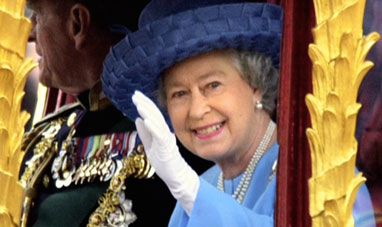

ELIZABETH II
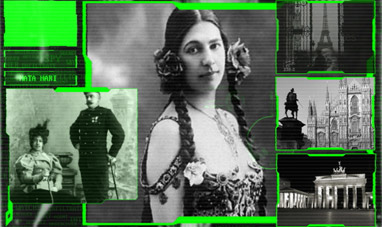

MATA HARI
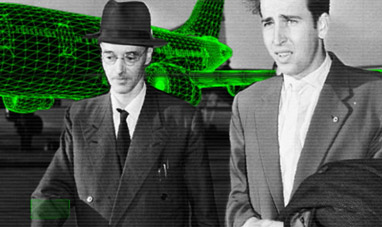

KLAUS EMIL FUCHS
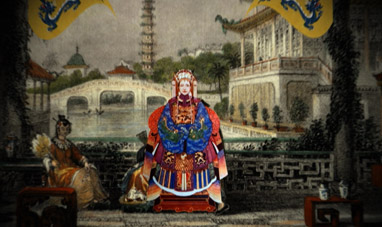

CIXI, DOWAGER EMPRESS OF CHINA
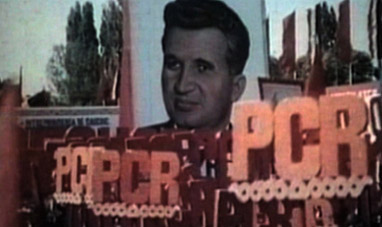

NICOLAE CEAUSESCU
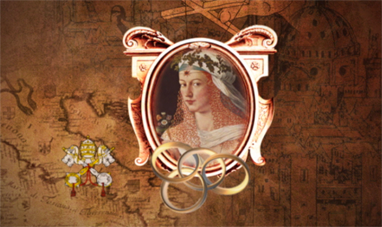

LUCREZIA BORGIA
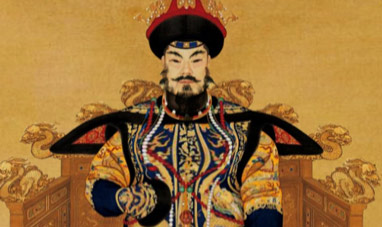

QIN SHI HUANG
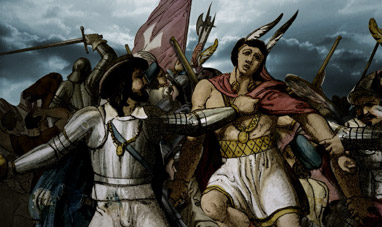

FRANCISCO PIZARRO
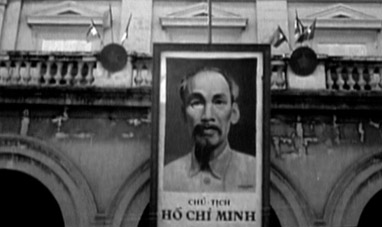

HO CHI MINH
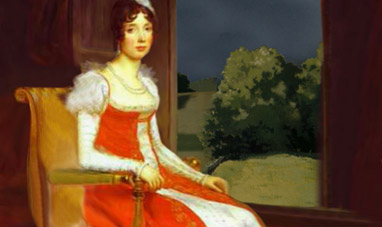

SISSI, EMPRESS OF AUSTRIA
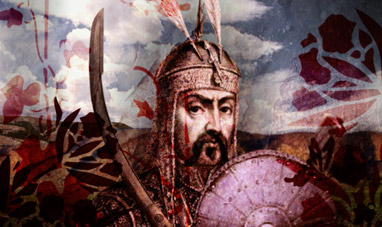

GENGHIS KHAN
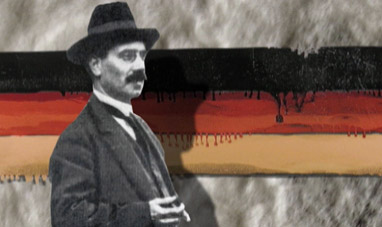

KARL LIEBKNECHT
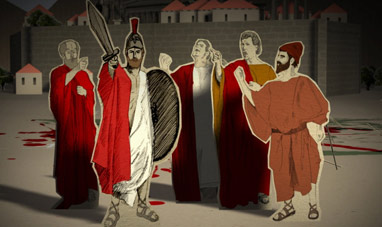

PERICLES
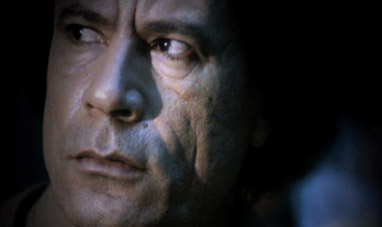

MUAMMAR EL-QADDAFI
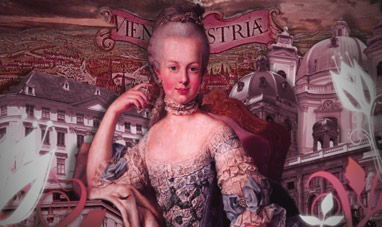

MARIE ANTOINETTE


VASILI NIKITICH MITROKHIN


NEIL ARMSTRONG
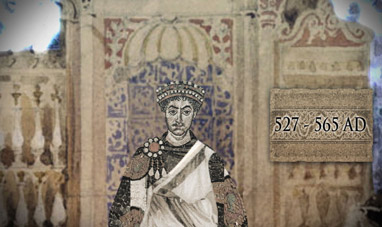

JUSTINIAN I
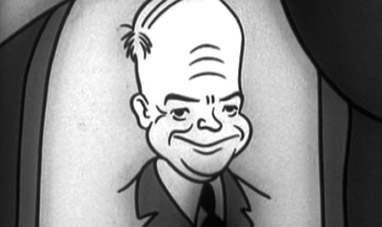

DWIGHT EISENHOWER


ALEKSANDR LITVINENKO
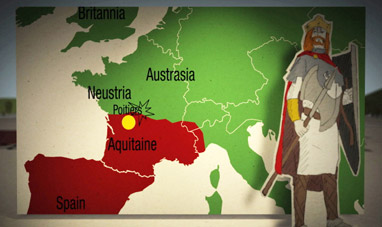

CHARLES MARTEL
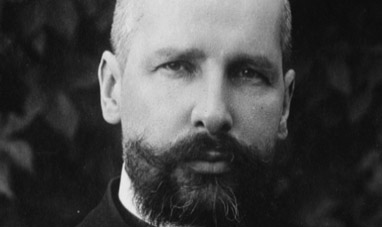

PYOTR STOLYPIN
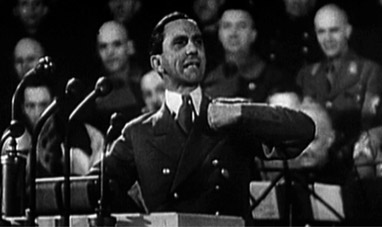

JOSEPH GOEBBELS
